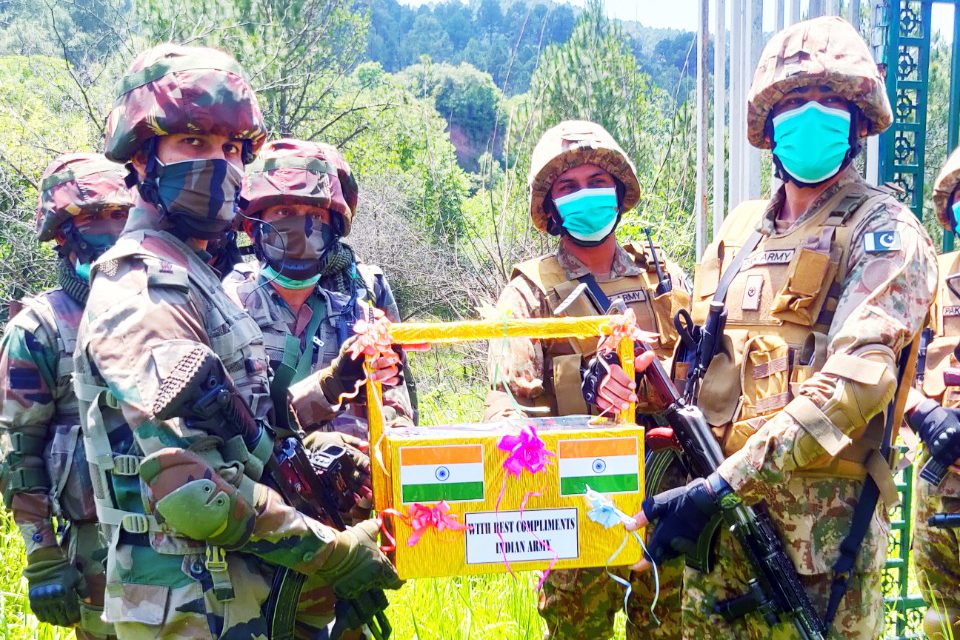
India-Pak ceasefire: Questions emerge over how long can Islamabad maintain peace

After India and Pakistan agreed to a ceasefire along the Line of Control (LoC) from February 25, questions have emerged on how long can Islamabad can hold on to its promise and what can be expected from the country in the near and distant future given its past misdemeanour. Mir Junaid, a writer and social activist for The Center of Political and Foreign Affairs (CPFA) writes that Pakistan has an existential problem because it chose to deny its heritage only to adopt a totally alien one that led it to a chaotic situation it finds itself in, but continues to be in denial mode. Islamabad chose to get rid of the Indian heritage after independence and its leaders chose the Arab World as its roots. As a result, non-Muslims were bound to lose their dignity, and local languages and dialects no longer found center place in their respective communities, the writer said.
He said that Pakistan sought to balkanise India and passionately propagated down the generations to ingrain them with utmost hatred for everything that is or was Indian so that they could be motivated to launch jihad against the nation. Even before Pakistan was formally created and could settle down as a nation-state, the plans of Indian balkanisation and the takeover of the Red Fort were in the process of being rolled out. “Four wars including proxy wars in the erstwhile state of Jammu and Kashmir were in accordance with the political aim of disintegrating India because it reminded them of their cultural heritage,” says Junaid.
After innumerable attempts to propagate ‘jihad’ against India, the Pakistani establishment realised the futility of providing gunfire cover to migrating terrorists as immediately after their entry into India they got eliminated, in recently bygone years. Junaid writes for CPFA that Pakistan also seemed to have already opened a new centre in Turkey for recruiting terrorists and dispatching them to Jammu and Kashmir. “The Turkey trained youth would execute the missions which the terrorists across the LOC did on crossing over to Indian side,” he said.
The author also recalled that when the United Nations was dealing with the issue of Jammu and Kashmir, then governed by Maharaja Hari Singh, Pakistan defied UN resolutions including its own amendments, yet it brazenly states in international forums that India must honour the UN resolutions. He also speculated that the ceasefire agreement is not material when it comes to furthering the political aims of Pakistan against the Indian Union. Pakistan remains the only democracy in the world where the Prime Minister is always escorted by the Army Chief.
Recently, widespread protests by the Tehreek-e-Labbaik Pakistan (TLP) broke out where the proscribed group held their government to ransom and the government buckled under pressure twice only to go back on their word as many times, writes Junaid. “Pakistan is in such a state of flux that nobody knows who is in command of things in Pakistan and whose writ runs. There can be many permutations and combinations brewing up. In the above context, what value any agreement, signed between India and Pakistan, could be of?” he wrote in CPFA. Pakistan is good at the ‘double game’, as noticed when they funnelled part of the US funds for fighting terrorism in Afghanistan to stimulate insurgency and terrorism in Jammu and Kashmir. Furthermore, Pakistan may reconcile to the emerging fact of India being a stakeholder in Afghanistan, as the US recognises New Delhi as a key player in the peace progress and no other countries in the region have any issues with India.
Junaid said that Pakistan is not as powerful as a nation as to create its own block of Islamic countries, so the only option left with it is to stay intact with its adopted heritage, until then invoking Ceasefire Agreement 2003 is immaterial. Informed sources in February had said India sees the ceasefire as a positive move but will test and verify. New Delhi will watch closely whether cross-border acts of terrorism have really come down after the ceasefire. (ANI)


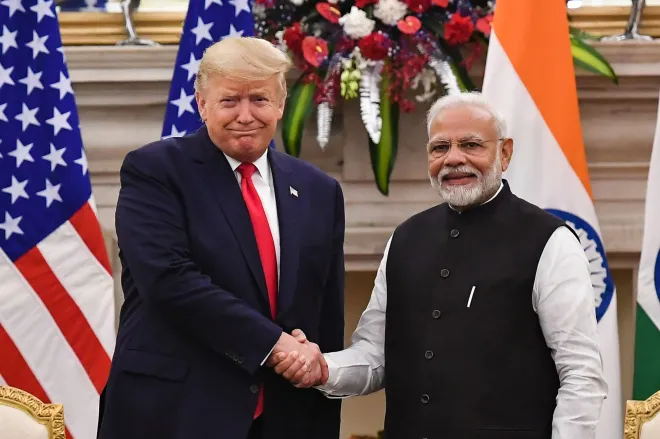


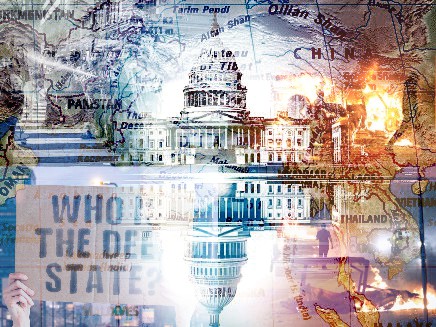
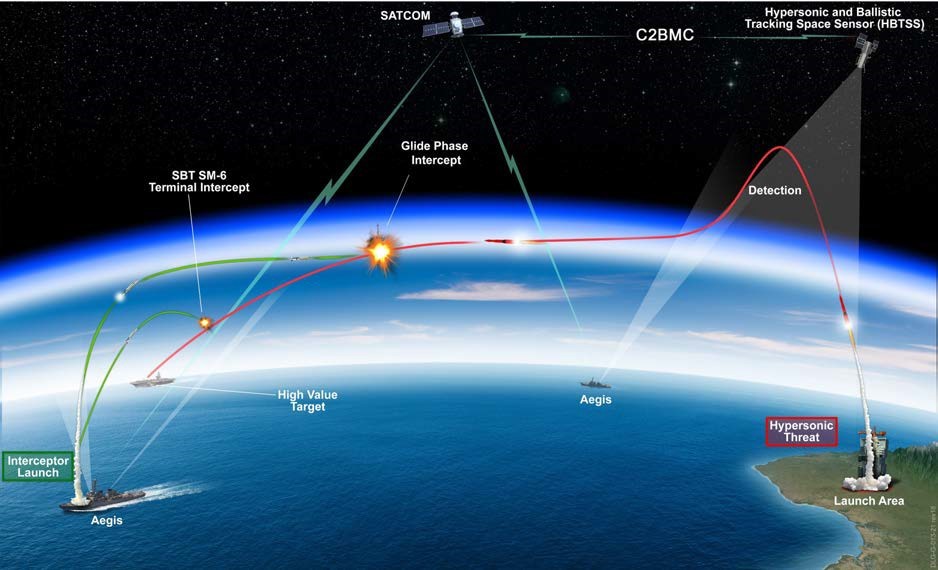
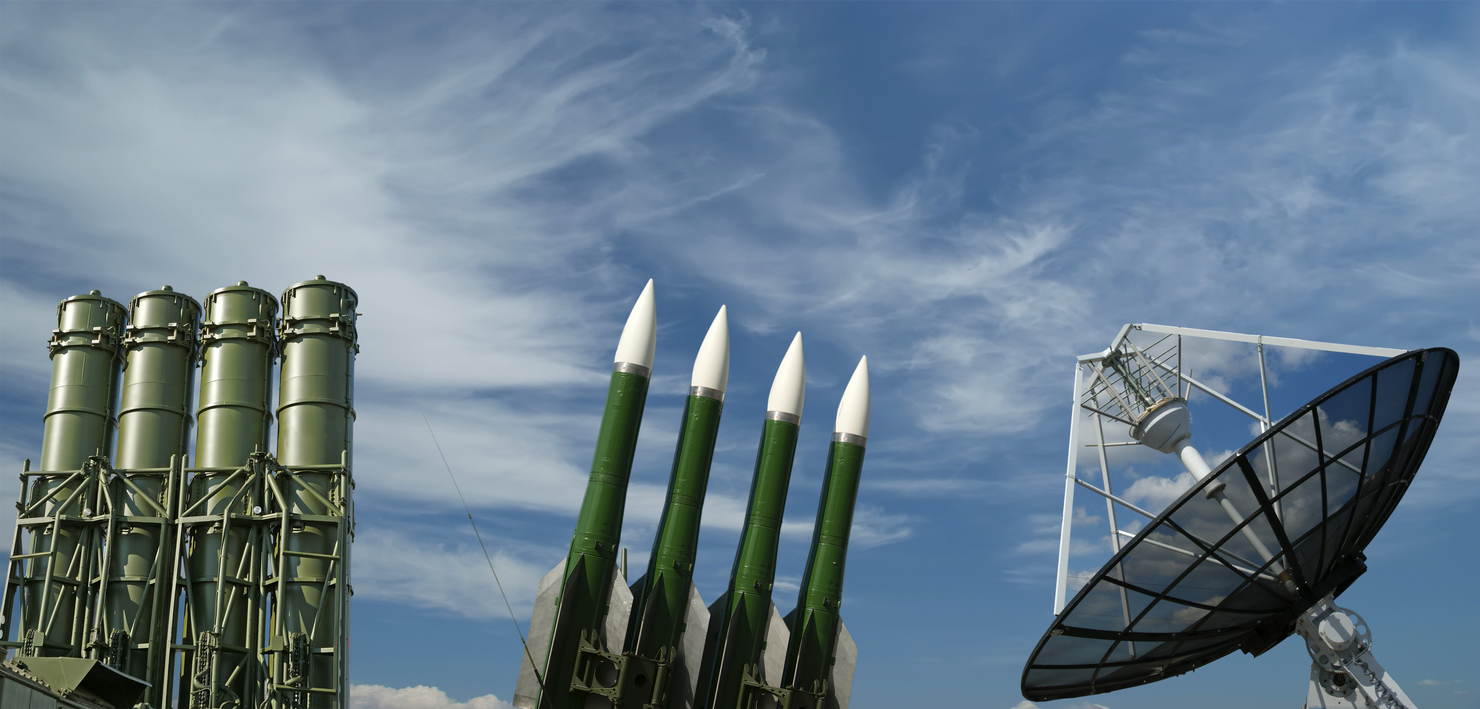
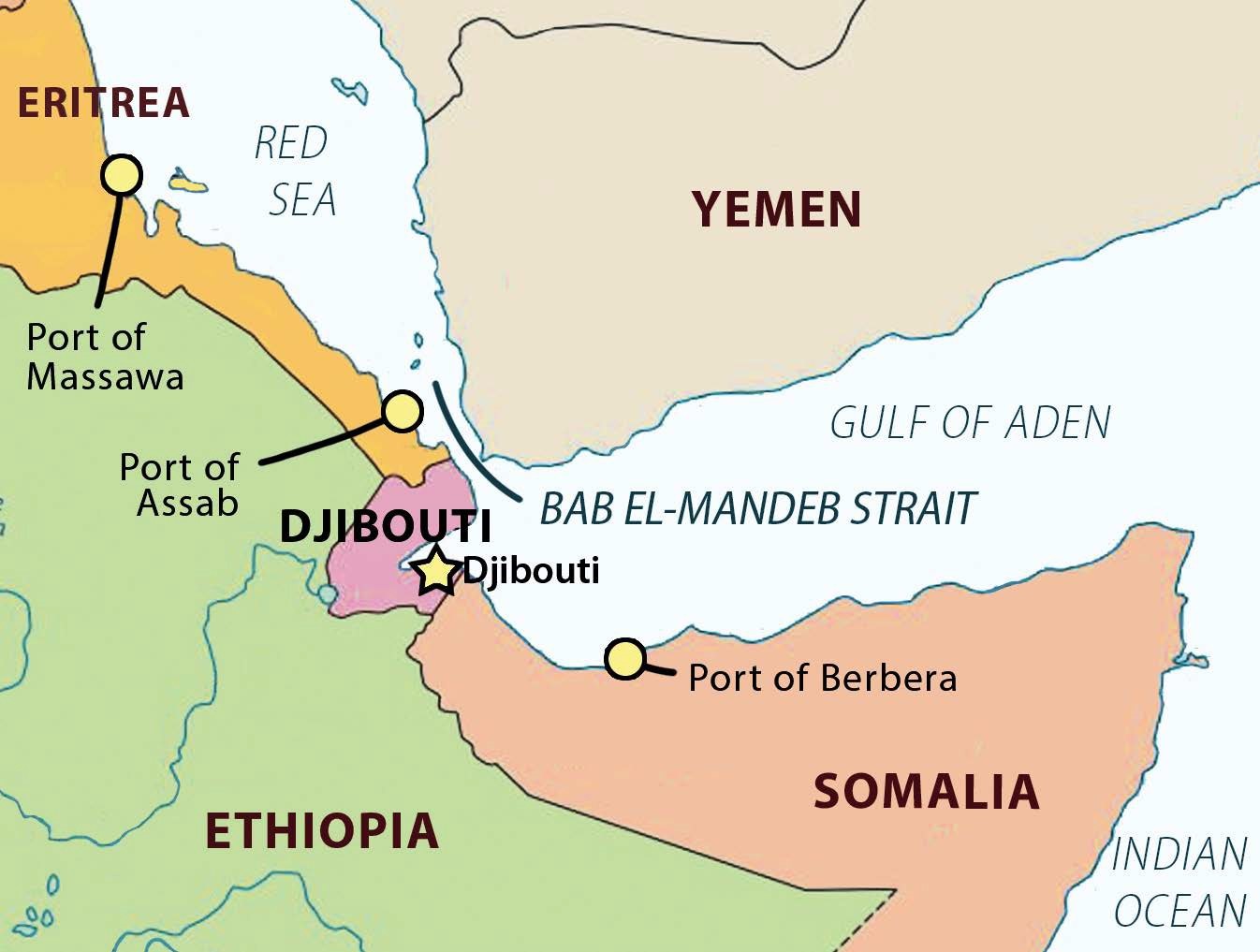
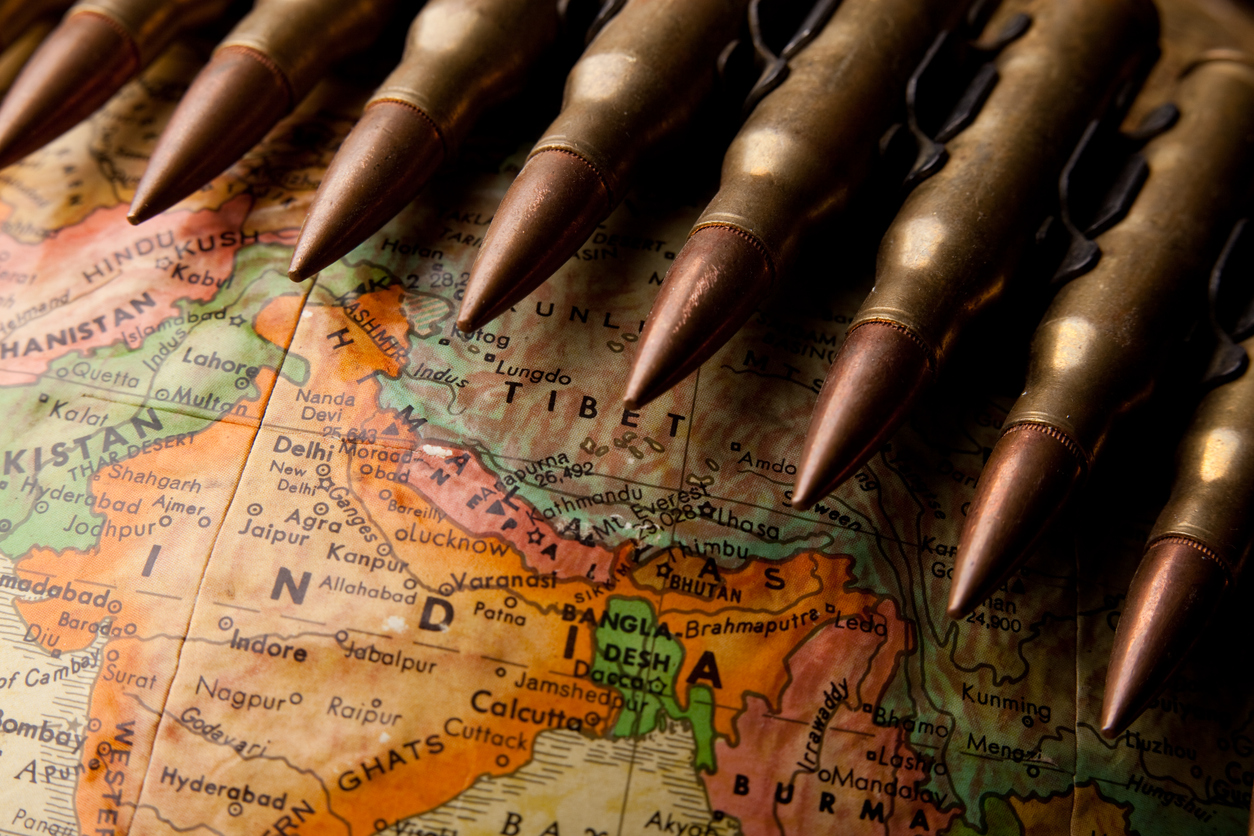
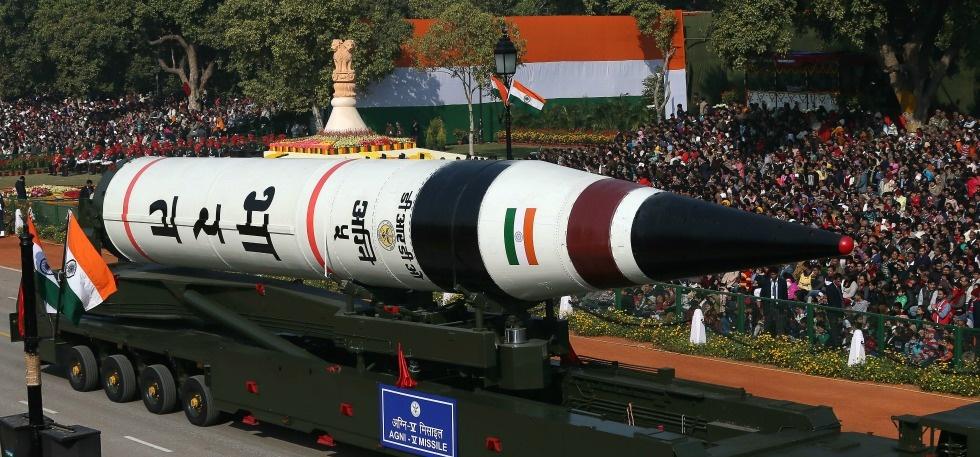






POST COMMENTS (12)
Ankit Rai
Anand
pratap
Yogendra Singh
Sudhanshu Sharan
Ashok Tomar
दिवाकर राय
maisnam Gyanchand luwang
mahipalsinh
Somashekar
sandeep thakur
ashwani